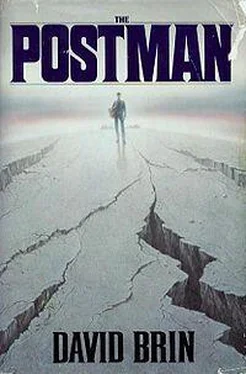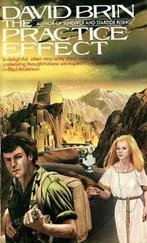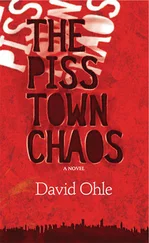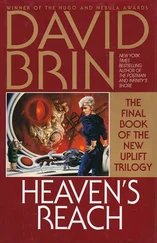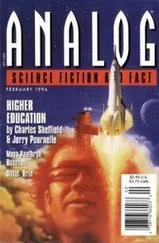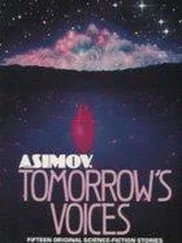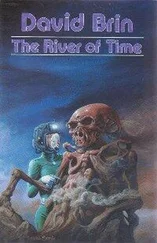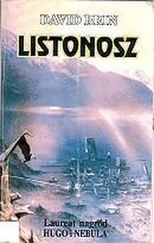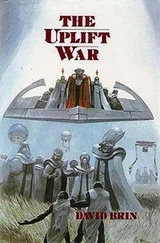The dog pit stank. The sick-sweet smoke of locally grown tobacco — liberally cut with marijuana — rose in thick, roiling plumes. Farmers and townspeople yelled deafeningly from rows of benches overlooking the crude arena. Those nearest the ring pounded on the wooden slats, encouraging the dogs’ hysterical frenzy.
Leather-gloved handlers pulled their canine gladiators back far enough to grip their collars, then turned to face the VIP bench, overlooking the center of the pit.
A burly, bearded dignitary, better dressed than most, puffed on his homemade cigar. He glanced quickly at the slender man who sat impassively to his right, whose eyes were shaded by a visored cap. The stranger sat quite still, in no way showing his feelings.
The heavyset official turned back to the handlers, and nodded.
A hundred men shouted at once as the dogs were loosed. The snarling animals shot at one another like quarrels, their argument uncomplicated. Fur and blood flew as the crowd cheered.
On the dignitaries’ bench, the elders yelled no less fiercely than the villagers. Like them, most had bets riding on the outcome. But the big man with the cigar — the Chairman of Public Safety for the town of Curtin, Oregon — puffed furiously without enjoyment, his thoughts cloudy and thick. Once more he glanced at the stranger sitting to his right.
The thin fellow was unlike anyone else in the arena. His beard was neatly trimmed, his black hair cut and combed to barely pass over the ears. The hooded blue eyes seemed to pierce and inspect critically, like in the images of Old Testament prophets the Chairman had seen in Sunday School as a boy, long before the Doomwar.
He had the weathered look of a traveler. And he wore a uniform , . . one no living citizen of Curtin had ever expected to see again.
On the peak of the stranger’s cap, the burnished image of a horseman gleamed in the light of the oil lanterns. Somehow it seemed shinier than any metal had a right to be.
The Chairman looked at his shouting townspeople, and sensed a difference about them tonight. The men of Curtin were yelling with more than their usual gusto at the Wednesday Night Fights. They, too, were aware of the visitor, who had ridden up to the city gates five days ago, erect and proud like some god, demanding food and shelter and a place to post his notices …
… and who then began distributing mail.
The Chairman had money riding on one of the dogs — old Jim Schmidt’s Walleye. But his mind wasn’t on the bloody contest on the sand below. He could not help glancing repeatedly at the Postman.
They had staged a special fight just for him, since he was leaving Curtin tomorrow for Cottage Grove. He isn’t enjoying himself, the Chairman realized unhappily. The man who had turned their lives upside down was apparently trying to be polite. But just as obviously, he did not approve of dogfights.
The Chairman leaned over to speak to his guest. “I suppose they don’t do this sort of thing back East, do they, Mr. Inspector?”
The cool look on the man’s face was his answer. The Chairman cursed himself for a fool. Of course they wouldn’t have dogfights — not in St. Paul City, or Topeka, or Odessa, or any of the civilized regions of the Restored United States. But here, here in ruined Oregon, so long cut off from civilization …
“Local communities are free to handle their affairs as they see fit, Mr. Chairman,” the man replied. His compelling voice carried softly over the shouting in the arena. “Customs adapt to the times. The government in St. Paul City knows this. I’ve seen far worse in my travels.”
Absolved, he could read in the postal inspector’s eyes. The Chairman slumped slightly and looked away again.
He blinked, and at first he thought it was the smoke irritating his eyes. He dropped the cigar and ground it out under his foot, but the stinging would not depart. The bull pit was out of focus, as if he were seeing it in a dream… as if for the very first time.
My God, the Chairman thought. Are we really doing this? Only seventeen years ago I was a member of the Willamette Valley ASPCA!
What’s happened to us?
What’s happened to me?
Coughing behind his hand, he hid the wiping of his eyes. Then he looked around and saw that he was not alone. Here and there in the crowd at least a dozen men had stopped shouting, and were instead looking down at their hands. A few were crying openly, tears streaming down tough faces, hardened from the long battle to survive.
Suddenly, for a few of those present, the years since the war seemed compressed — insufficient excuse.
The cheering was ragged at the end of the fight. Handlers leapt into the pit to tend the victor and clear away the offal. But half the audience seemed to be glancing nervously at their leader and the stern, uniformed figure next to him.
The slender man straightened his cap. “Thank you, Mr. Chairman. But I think I’d better retire now. I have a long journey tomorrow. Good night, all.”
He nodded to the elders, then rose and slipped on a worn leather jacket with a multicolored shoulder patch — a red, white, and blue emblem. As he moved slowly toward the exit, townsmen stood up silently and made way for him, their eyes downcast.
The Chairman of Curtin hesitated, then got up and followed, a murmur of voices growing behind him.
The second event was never held that evening.
Cottage Grove, Oregon April 16,2011
To Mrs. Adele Thompson Mayor of Pine View Village Unreclaimed State of Oregon
Transmittal route: Cottage Grove, Curtin, Gulp Creek, McFarland Ft, Oakridge, Pine View.
Dear Mrs. Thompson,
This is the second letter I’ve sent back along our new postal route through the Willamette Forest region. If you received the first, you’ll already know that your neighbors in Oakridge have chosen to cooperate — after a few initial misunderstandings. I appointed Mr. Sonny Davis postmaster there, a prewar resident of the area liked by all. By now he should have reestablished contact with you in Pine View.
Gordon Krantz lifted his pencil from the sheaf of yellowed paper the citizens of Cottage Grove had donated for his use. A brace of copper oil lamps and two candles flickered over the antique desk, casting bright reflections off glass-framed pictures on the bedroom wall.
The locals had insisted Gordon take the best quarters in town. The room was snug, clean, and warm.
It was a big change from the way things had been for Gordon only a few months before. In the letter, for instance, he said little about the difficulties he had faced last October in the town of Oakridge.
The citizens of that mountain town had opened their hearts to him from the first moment he revealed himself as a representative of the Restored United States. But the tyrannical “Mayor” almost had his unwelcome guest murdered before Gordon managed to make it clear he was only interested in setting up a post office and moving on — that he was no threat to the Mayor’s power.
Perhaps the bossman feared his people’s reaction if he didn’t help Gordon. In the end, Gordon received the supplies he asked for, and even a valuable, if somewhat elderly, horse. On leaving Oakridge, Gordon had seen relief on the Mayor’s face. The local chief seemed confident he could keep control in spite of the stunning news that a United States still existed out there, somewhere.
And yet townspeople followed Gordon for over a mile, appearing from behind trees to shyly press letters into his hands, eagerly talking about the reclamation of Oregon and asking what they could do to help. They complained openly of the petty local tyranny, and by the time he had left that last crowd on the road, it was clear that a change was blow-ing in the wind.
Читать дальше
